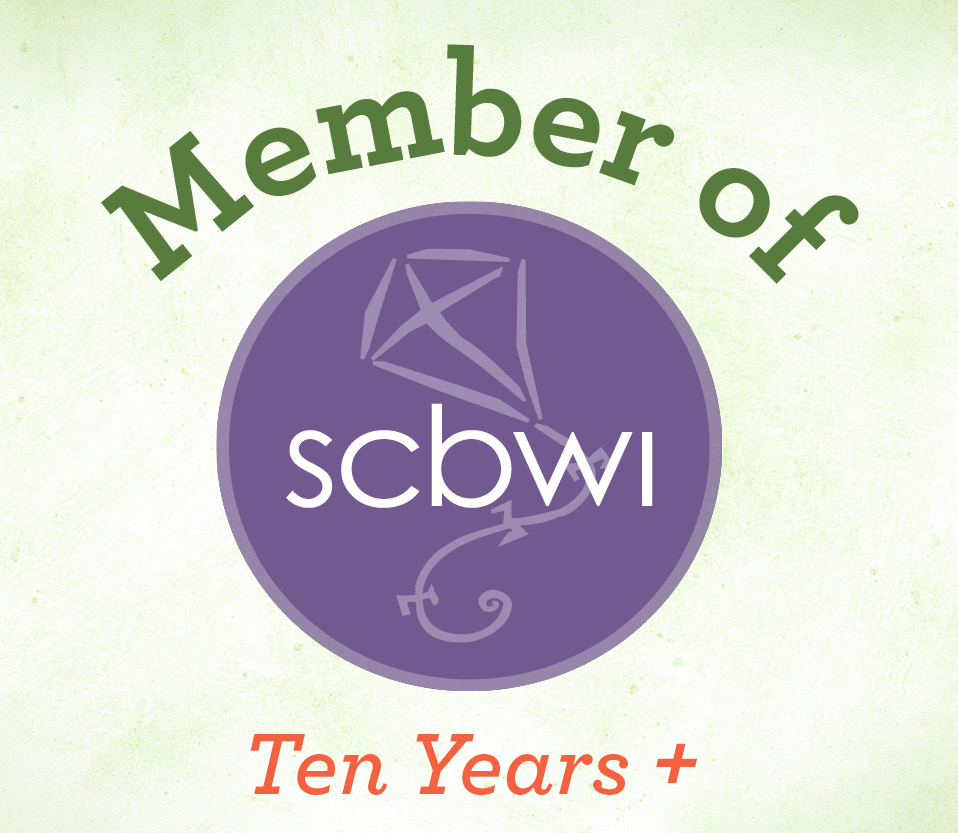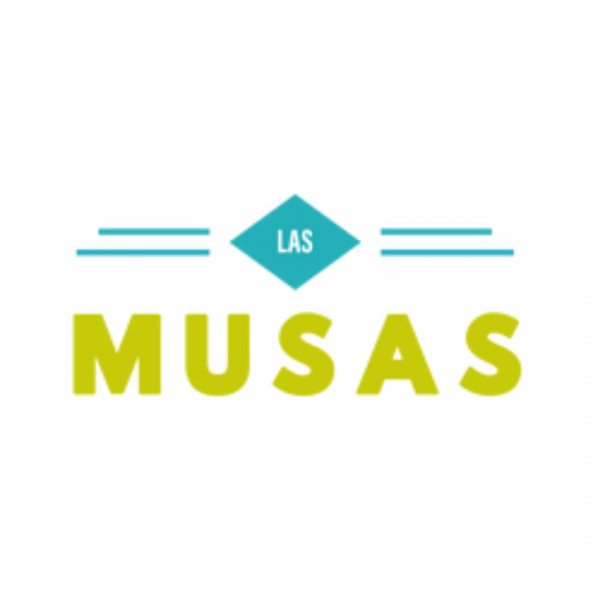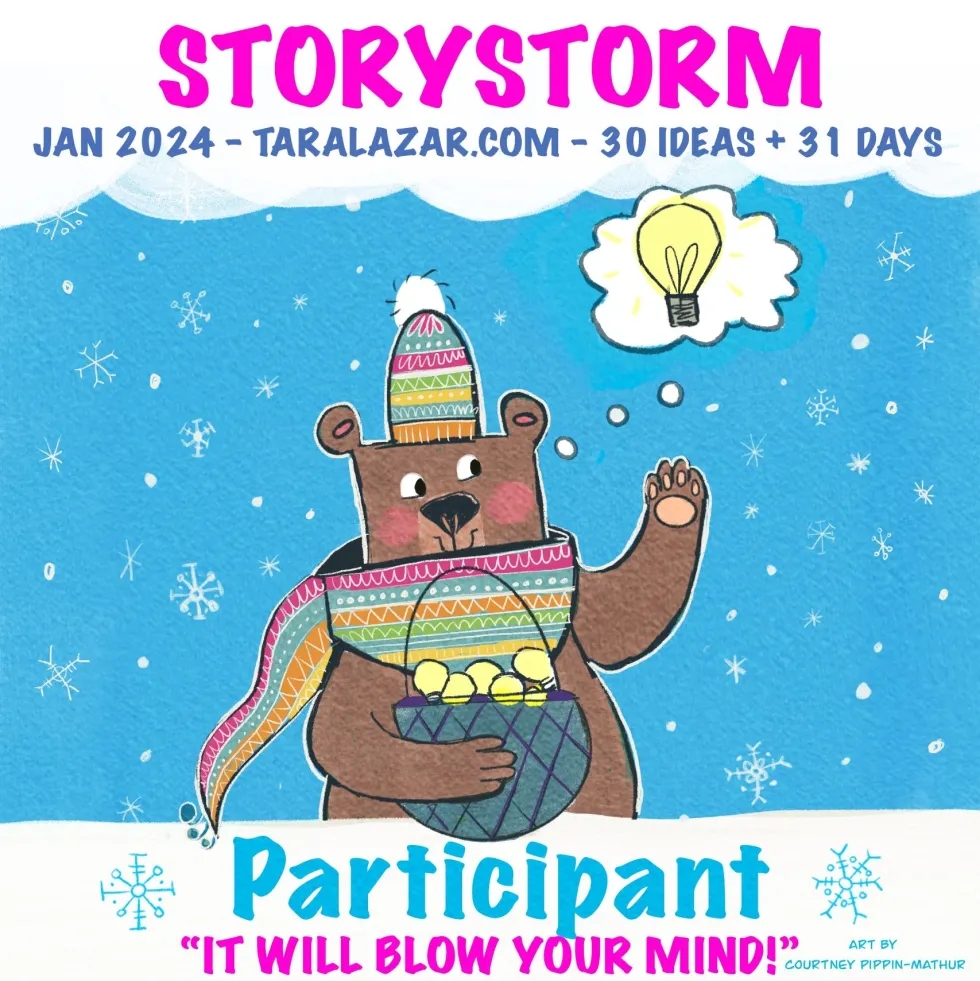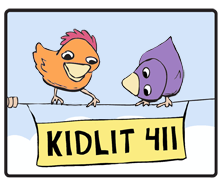1. I have writing tics. Many of them. But it’s okay to let them go in the first draft. They’ll be slaughtered in the final one (hopefully).
I never thought about them as writing tics, but that’s exactly what they are.
- Exclamation marks. I love these, apparently, as I tend to over use them. My emails and tweets and, well, most correspondence tend to contain an overabundance of exclamation marks! Thankfully, they haven’t made their way into my MS, but in almost all else, I sound overly chipper!
- Coordinating conjunctions. You know, FANBOYS (for, and, nor, but, or, yet, so). For me, though, it’s “and,” “so,” and “but.” And sometimes “yet.” I’m always using them. And I start sentences with them. A lot. These do make their way into my MS and I’ve learned to look for them when revising.
- Semi-colons. I didn’t realize I had a “thing” for semi-colons until recently, when one of my classmates from the Writing and Selling the YA Novel pointed it out to me. She said it was residual from the academic in me, and it’s probably so. They just don’t belong in dialogue–I have no etched this on my brain so that as I work on my novel, I won’t do this.
- And fragments (purely for emphasis, of course). I spend most of my days teaching how fragments are a BIG no-no. And they are. Most people who write fragments without knowing it are writing them incorrectly. Snippets of a wannabe sentence that don’t make sense. But there is such a thing as a fragment for emphasis. Usually in creative writing or journalistic writing. Not in academic writing.
I’ve also learned that sometimes, I use “filler” words like “just,” and “well,” and such. I’ve learned not to use them as much, but when I’m writing my first draft, I don’t worry about it (or any of my other tics). It’s my first draft. It’s meant to be crappy.
2. Outlines are my friend, but I’m not married to them.
Seriously. I love my outlines. They help me stay focused and give me a sense of where I’m going. But in fiction, my outlines are rough and they’re guides. I have written and rewritten these outlines as my story progresses because part of the beauty and magic of writing is the discovery that ensues. An outline shouldn’t take that away. It should just help
Perhaps it’s that I came to writing from the academic side. I couldn’t imagine having written my MA thesis without one. I would’ve gone nuts! When I started writing my memoir, I sketched out an outline of what I wanted to cover, seeing connections in that piece. And when I started writing this novel, I didn’t, initially. I went with what I had: a vision and I wrote that scene. And the next. But then I got to a point where I said, what next? How can I see where this is going? In one of Jessica Barksdale Inclan’s classed, she had us do a list of things that we thought had to happen in our story, in the order in which they happened. This was a sketch outline. That list grew and I had a vision of the entire piece. So my outline isn’t the traditional academic outline, but it’s still a sort of blue-print of my novel. And it changes as my story progresses because that’s what it’s supposed to do. If it didn’t change, then I’d be forcing my novel into something it’s not. And I don’t want to do that. I really view my characters and story as organic–a life of their own. I’m just witnessing it and writing it down.
3. Revision is much, much cooler than I previously gave it credit.
I recently tweeted this about revising:
What I love about revision is witnessing how each round molds the story, adding yet another layer that works toward making it whole.
And it’s so true. It’s like a painting. First, the artist sketches an outline in pencil. Then she begins to layer the background paints. Then the foreground. Then the small shadows and details. The end-product is a beautifully rich painting that took layer upon layer of paint and care and dedication. That’s what revision does: it adds layers. The first draft is the innermost layer, the rough sketch of what the work will look like. It’s rough and jagged and messy. Then you revise for plot and character and theme and unity and language. You take it section by section, layer by layer, until it’s whole.
4. I thrive in writing stretches of 4-5 hours.
I know we’re supposed to fit in writing when we can, even if it’s in short increments. Ten minutes here. Half-an-hour there. But see, it takes me a bit to warm up. I mean, it helps when I’m thinking constantly about my characters and where I left off. Of course it does. But even if I’m mentally there, getting the words to come out in a good manner takes me a bit. Then there’s the frustration of being in the middle of something great and having to stop. Once I get going, I get going, and I like being able to use my energy wisely. My best comes out in 4-5 hours, maybe even 2-3 hours. Anything less, and it’s worse than 1st draft crap. And anything more, I get bone-tired weary, my eyes blur, and my joints start screaming, especially my knees and my hands/wrists.
Of course, if I only have a few minutes, or half an hour, or even an hour, I take it and work with it the best way I can. Usually it’s making a rough sketch of a scene or chapter so that when I do get the nice stretch of time, I’ll have a game plan, helping me get into scene and character and story that much easier.
5. I can write anywhere, but my best writing is done either at Starbucks or in my home office. With music.
I’ve learned that I can, in fact, write almost anywhere. I lose myself in the story once I start writing, and the house can burn down and I wouldn’t even know it. I’ve burned many a toast by writing. But even then, I get interrupted and it’s another block to the flow. Like my preferred 4-5 hours, my preferred writing spaces are at Starbucks or in my home office. At Starbucks, I have my coffee (decaf caramel macchiato with extra foam– I have to do decaf for health reasons, though sometimes I cheat and get that extra umph), my laptop, and the baristas who I’ve known forever (or it seems that way since I’m always there!) At home, I have my orange (yes, orange….bright and alive) office, with cork-board tiles and a dry-erase board above my desk. I have my outlines, my character profiles, my notes, and inspirations there. I also have incense, which I use whenever I can.
In both cases, I write with music. Music and writing for me are linked. I have a playlist for this project and whenever I’m ready to write, I turn it on and it’s like I’m instantly in my story. It’s so much a part of this story. I chose songs that have the feel of what I’m trying to convey, so that means the songs in my playlist are there because of melody or lyrics. Or both. Some artists in my playlist are Adele, Gotye, Natalie Duque, Brandon Heath and Toby Mac.







